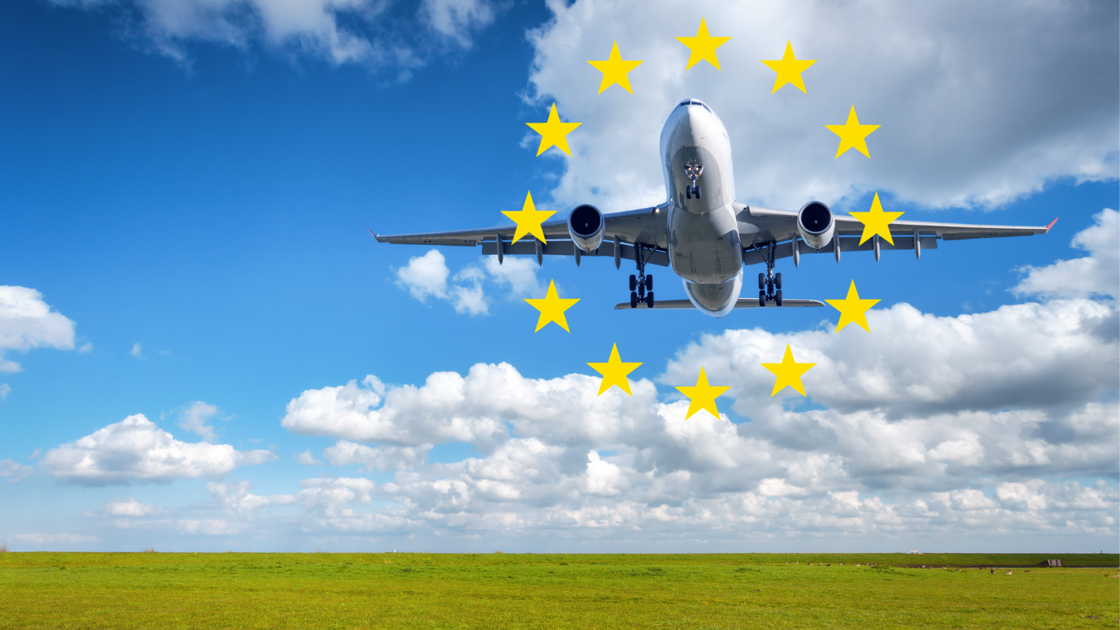Yesterday MEPs in the European Parliament voted overwhelmingly in favour of new EU rules to increase the use of sustainable aviation fuels, known as SAFs, which trade unions see as an important short to medium term option to decarbonise Europe's aviation sector.
The new rules, the RefuelEU aviation rules, set ambitious targets for 70% of aviation fuel to be sustainable by 2050. Aviation fuels to be considered sustainable will include synthetic fuels, some biofuels, algae and used cooking oil, but not animal feed and crop-based fuels as demanded by trade unions.
The EU agreement on sustainable aviation fuels is welcomed by European trade unions as a big step in the right direction towards decarbonising Europe's aviation sector. However, the safety of workers must be guaranteed and international commitments must be made in order to have a real impact.
IndustriAll Europe's paper on sustainable aviation, published in June 2023, includes specific calls to incentivise and increase the uptake of SAFs, noting that significant investment in their production and related infrastructure is also needed.
Isabelle Barthès, Deputy Secretary General of IndustriAll Europe, said:
"While European aerospace workers are working around the clock on long-term decarbonisation solutions such as electrification, sustainable aviation fuels can be used today. The new EU rules to increase their use are a real turning point in the green transition.
"However, new fuels bring new challenges and we insist that these fuels are safe to use and that proper training and robust health and safety measures are in place to protect workers and passengers alike.
"While we welcome this ambition at European level, we must not forget that aviation is a global industry and that real decarbonisation commitments at international level are essential to tackle climate change. We will therefore continue to call on the International Civil Aviation Organisation (ICAO) and its members to step up and deliver a real global effort to decarbonise the aviation sector while protecting workers".
